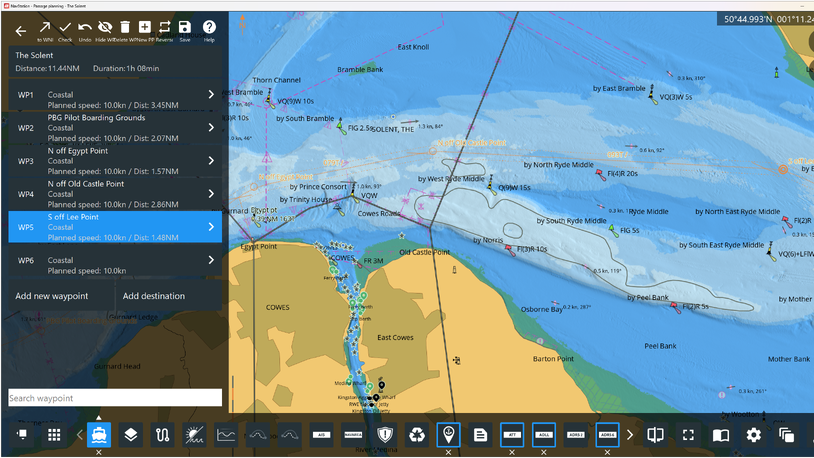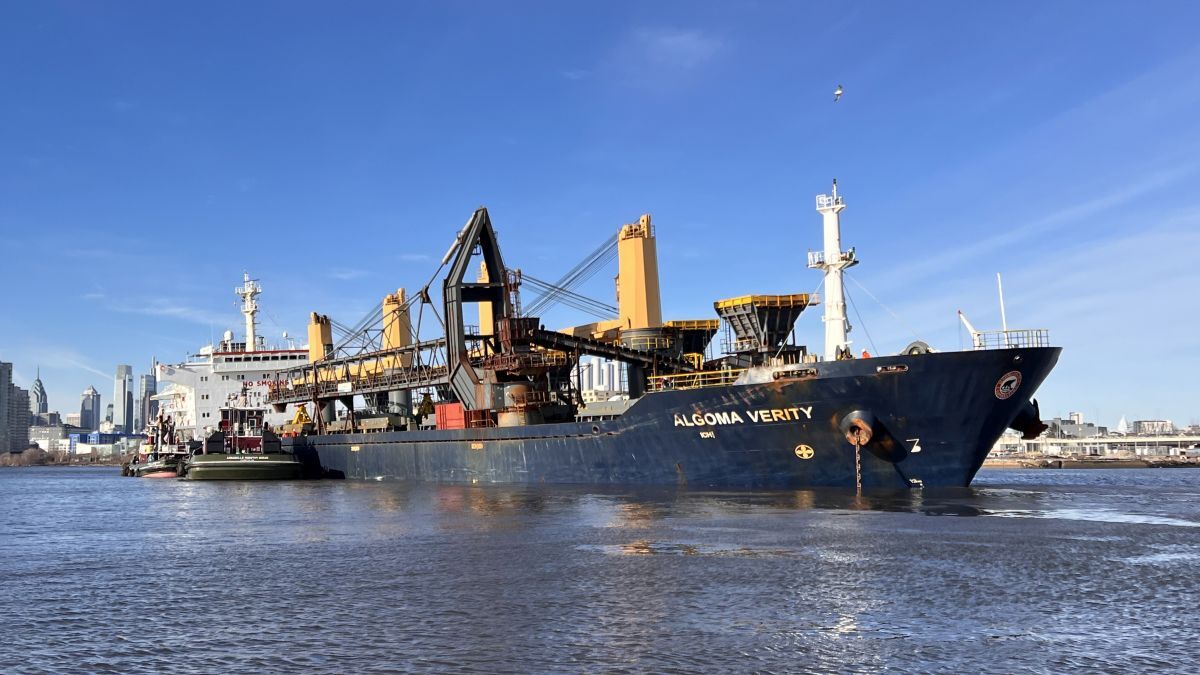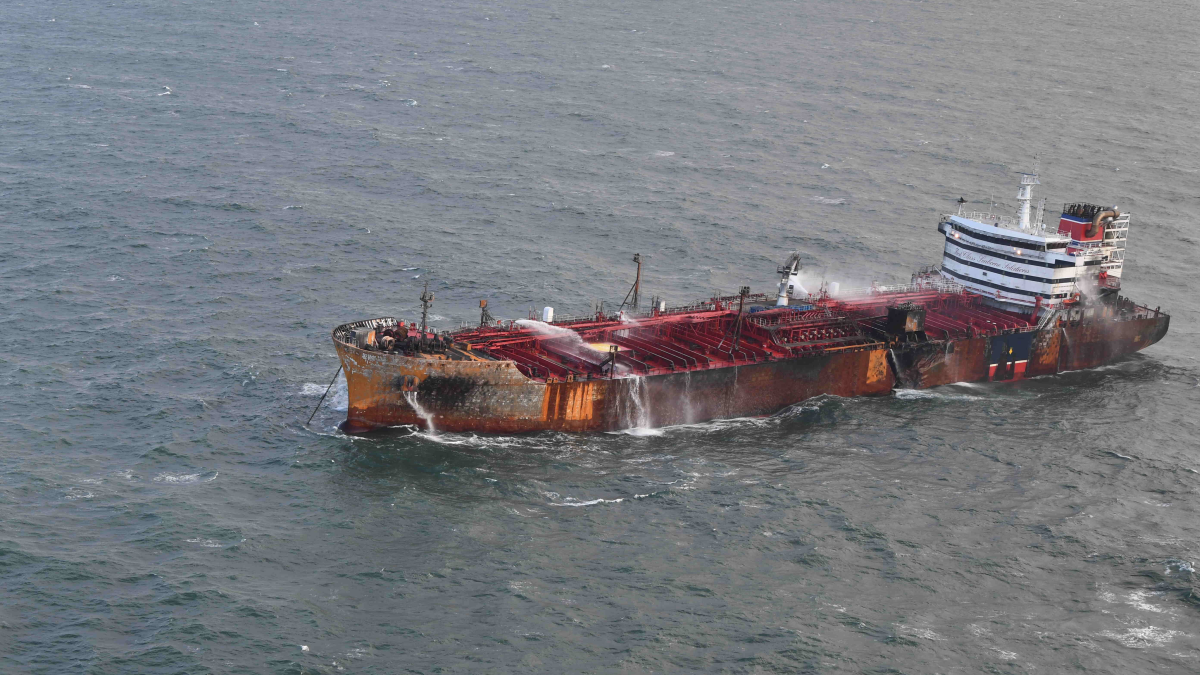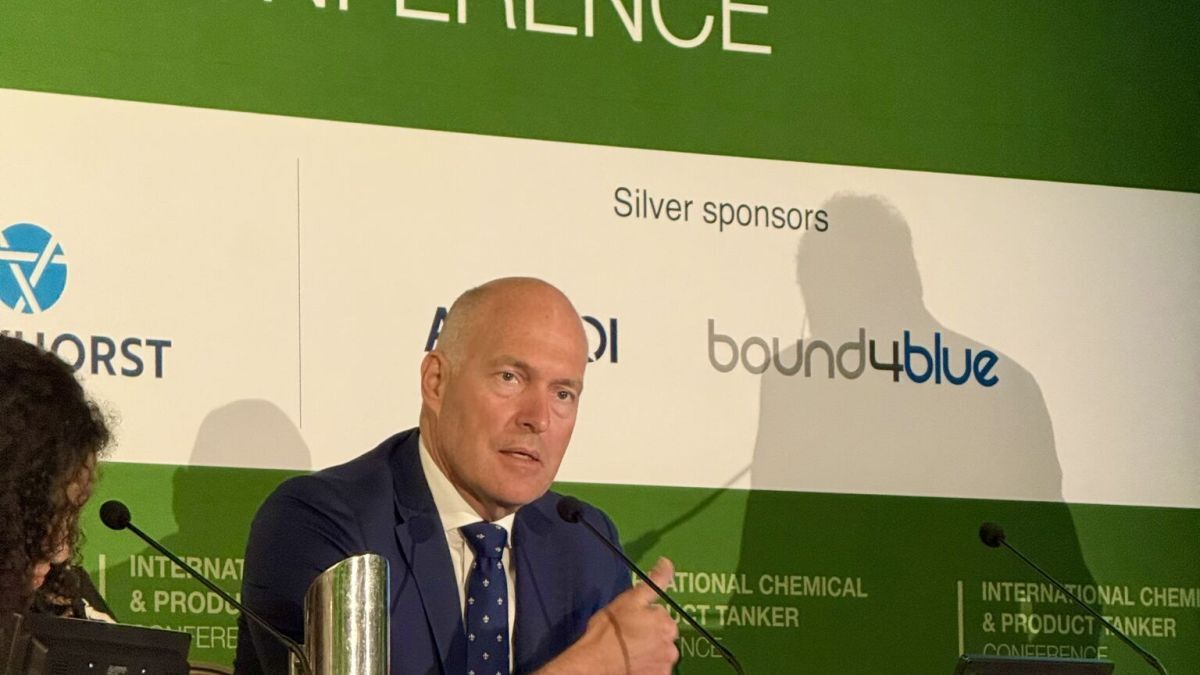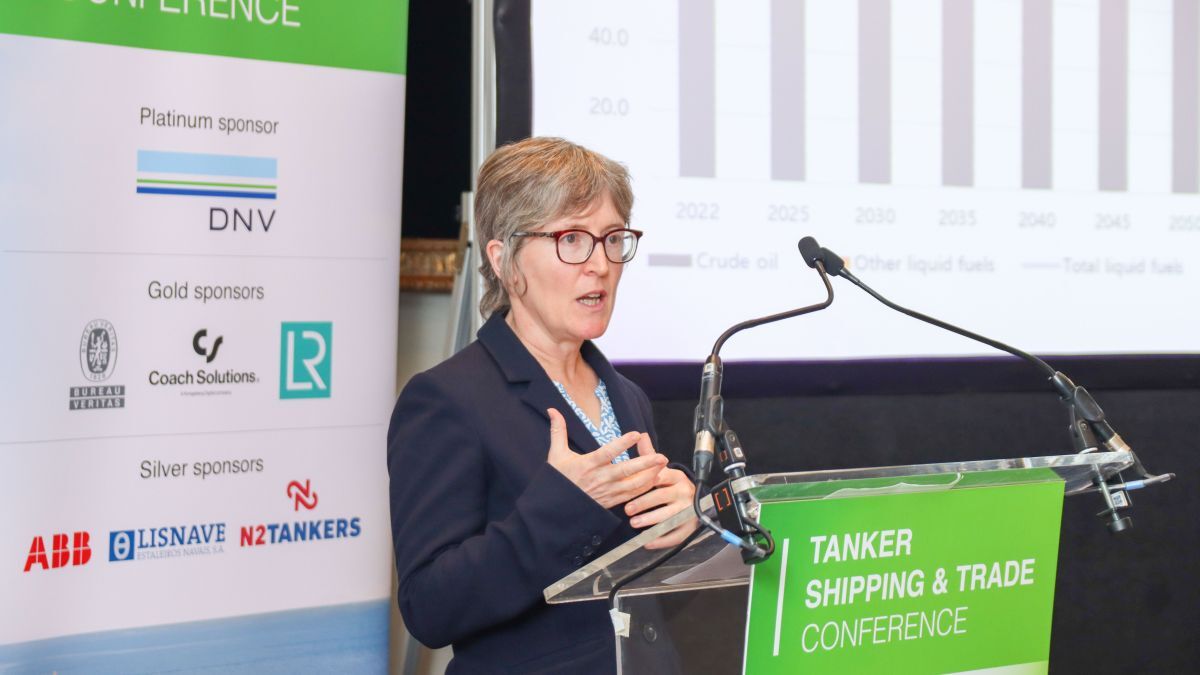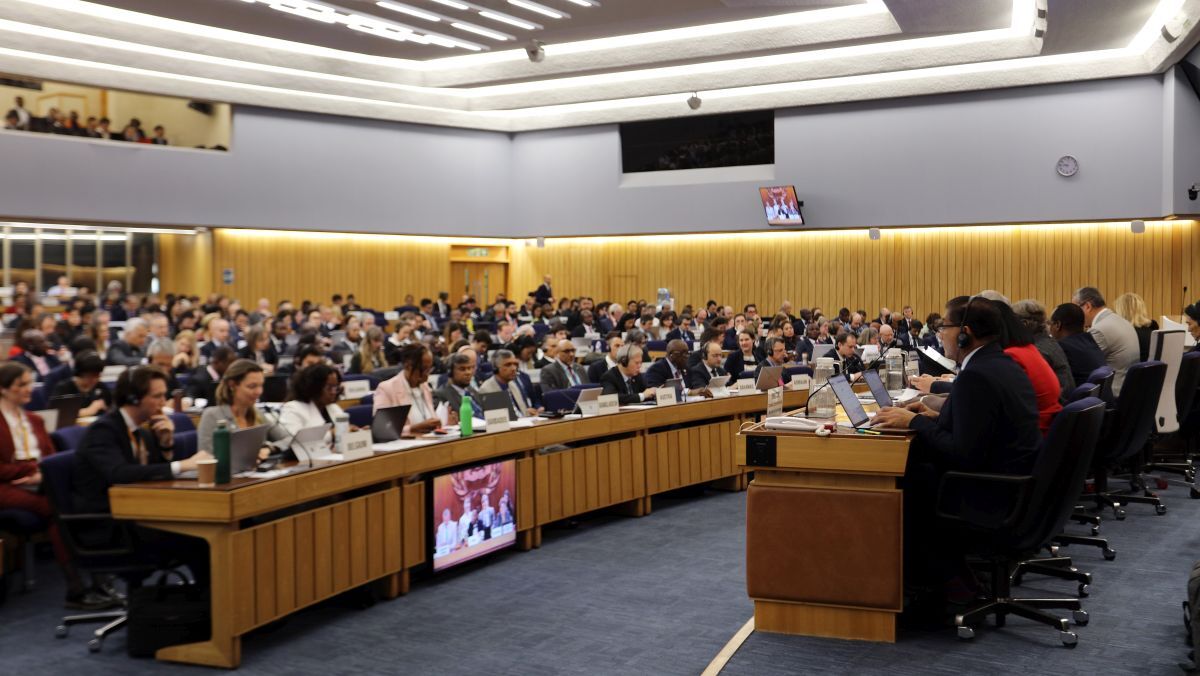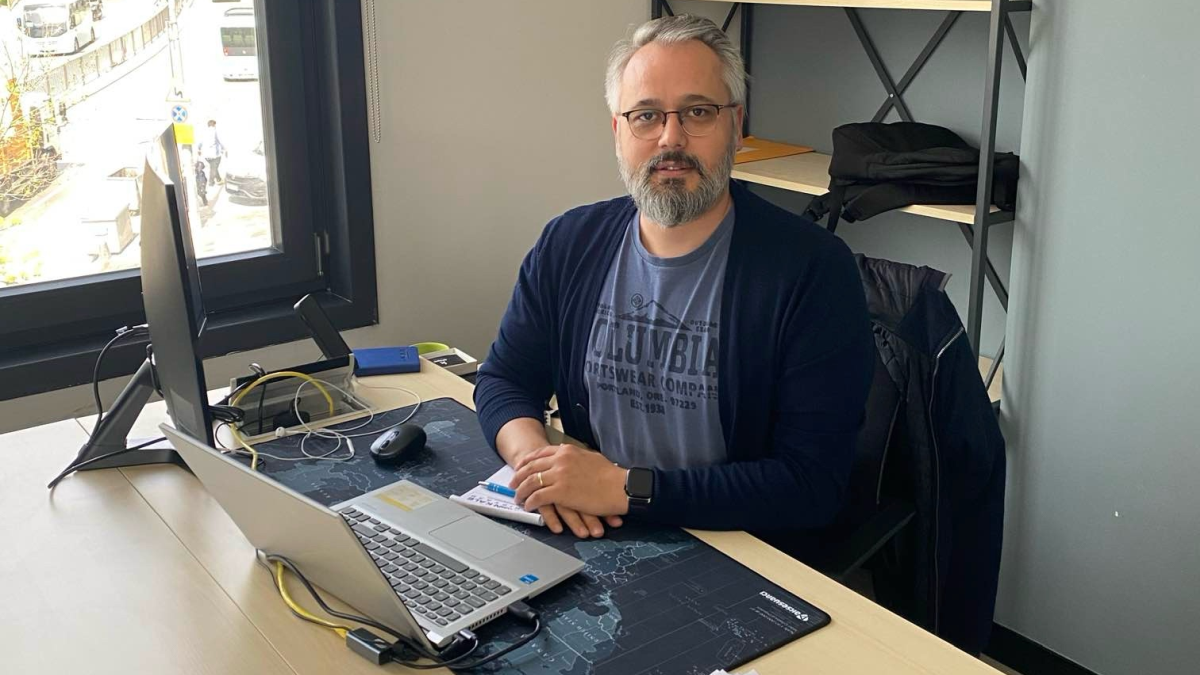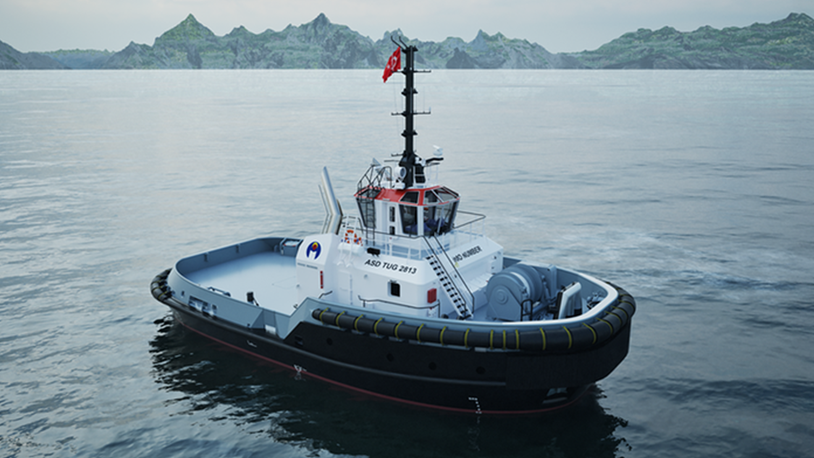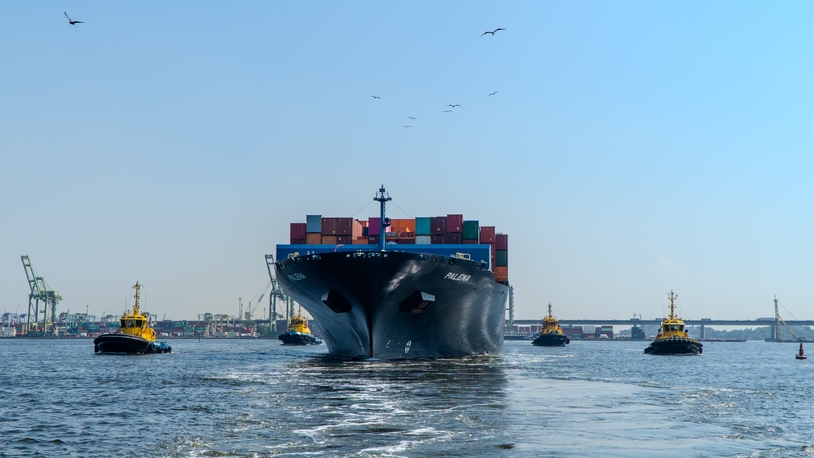Business Sectors
Events
Contents
Register to read more articles.
Hectic start for salvage teams in 2025
Salvors have tackled drifting and grounded ships, oil pollution, vessel blazes and engine failures in the last few months
Salvors had a busy start to 2025 by responding to stranded and grounded ships, engine failures, oil pollution and engineroom fires.
In the US, grounded self-unloader Algoma Verity was refloated and safely moved to a nearby berth on 11 January. This 190-m vessel ran aground 1.6 km north of the Benjamin Franklin Bridge in the Delaware River, outside the main shipping channel, on 8 January while carrying 45,000 tonnes of solar salt northbound.
US Coast Guard and salvage partners set up a safety zone around Algoma Verity restricting vessel traffic from the Benjamin Franklin Bridge to Tioga Marine Terminal and formed a plan to safely refloat the ship.
Marine inspectors identified four of the vessel’s ballast tanks and one empty fuel tank were damaged by the incident, but there were no reports of pollution. Algoma Verity was successfully refloated during an incoming tide and safely moored at the nearby marine terminal. Representatives from the shipowner and contracted salvage personnel remained on board to ensure the safety of the vessel, crew, waterway and environment. Resolve Marine and Moran Towing tugs were involved in this salvage operation, as confirmed to Riviera by a Moran representative.
A new safety zone was established around moored Algoma Verity, restricting vessel traffic from 90 m upriver and 90 m downriver of Tioga Marine Terminal. No vessels were permitted to enter the safety zone without obtaining permission from the captain of the port or a designated representative.
“The vessel is now well out of the channel, but we still have work to do to get Algoma Verity safely out of the port,” says US Coast Guard sector Delaware Bay commander and captain of the port, Kate Higgins-Bloom.
In Puerto Rico, the US Coast Guard worked with salvors and the owner to refloat yacht Runaway after it ran aground on a reef in waters west of Ensenada Honda in Culebra on 30 December 2024.
Runaway’s hull was breached at the stern on the port side during the grounding, while the middle section of the vessel was clear of the reef. Water entered the vessel but was contained and posed no immediate threat to the vessel.
Around 606 litres of petroleum products was removed from the vessel by 10 January, including fuel oil from its tanks and engines. The removal plan by the contracted salvage company involved using air and roller bags to float the vessel off the reef.
Once the vessel was successfully refloated, it was towed north to calmer waters and a sand bottom area in Bahia Linda in Culebra, where the necessary patch work was completed before the vessel was towed to a destination where full repairs can be completed.
On the Mississippi River, tugboat Patrick J Studdert was damaged and partially sunk near the Hale Boggs Memorial Bridge in St Charles Parish, Louisiana after colliding with a cargo ship on 29 December 2024. All five crew members were rescued and crew on the cargo ship were accounted for as it remained afloat.
January accidents
In Canada, Smit Salvage refloated a grounded and damaged bulk carrier from the St. Lawrence River north-east of Montreal on 7 January. Cyprus-flagged 185-m Maccoa ran aground while carrying a cargo of corn on 24 December near Verchères, Quebec after a power failure. Salvors unloaded more than 3,000 tonnes of cargo onto two Ocean Group barges to lighten this damaged ship. According to the Canadian Coast Guard, Maccoa was refloated, escorted and secured at Sorel docks by tugs.
In Brazil, a fire broke out on anchor handling tug, supply vessel Bram Force on 8 January while it was supporting the P-37 floating production storage and offloading vessel on the Marlim field in the Campos Basin.
All crew members were successfully rescued by a Maersk vessel while tugboats were mobilised to tackle the blaze, which is thought to have started in the engineroom. After 12 hours, the fire was extinguished and this 2017-built, 94-m vessel was towed to the Port of Açu for inspection and investigation by Brazilian authorities.
In Europe, salvors were called to refloat a 2016-built service workboat after it grounded near Hitra, Norway on 8 January. Frøy-owned Frøylys ran aground with two crew members in rough weather, and it was refloated and towed to a safe location for inspection and repair.
Also in Norway, a fishing boat ran aground on a reef and took on water in Ørland, Trøndelag on 6 January. Its five crew were rescued, and this damaged vessel was towed to a nearby port for repairs.
In Germany, a Panama-flagged tanker carrying almost 100,000 tonnes of oil was towed to safety off the island of Ruegen in the Baltic Sea. Two tugs towed and positioned Eventin at anchorage outside the port of Sassnitz for inspection.
In the Netherlands, a pusher tug ran aground at the entrance to the Juliana Canal while pushing a barge on 7 January. The barge, loaded with 1,400 tonnes of limestone, sank causing a complete blockage of the waterway, while the vessel remained intact with no reported injuries to crew.
This incident blocked the Meuse River between Limmel and Ternaaien, halting waterways traffic. Salvors were swiftly mobilised to remove the cargo, with limestone transferred to a crane barge which was already working in the canal. The barge was then refloated and towed to the port of Stein, enabling shipping along the river to resume.
In the Black Sea, authorities, salvors and divers were considering how to remove fuel from oil tankers Volgoneft-239 and Volgoneft-212, which both grounded in the Kerch Strait causing a spillage of heavy fuel oil during a storm. Divers examined the damage, tightened hatches and sealed tanks before planning fuel removal and eventually wreck removal.
Offshore Taiwan, the coastguard rescued four injured survivors from a bulker that caught fire off the coast of Kaohsiung on 3 January. Panoria suffered an engineroom fire off the coast of Pintung County. Its crew managed to extinguish the flames, but the 50,000-dwt vessel was damaged, with injured crew evacuated by helicopter to Kaohsiung’s airport.
Tug Salvage Rigger was mobilised to the 2008-built ship to tow it to port.
In eastern Japan, fishing vessel Ohama Maru 8 capsized off the coast of Ibaraki, causing the death of five seafarers, including three overboard and missing. This vessel tilted heavily and overturned after one of its nets caught a large quantity of fish.
In China, oil pollution was being cleaned up from the Yangtze River following a collision between two bulk carriers on 30 December. Japan-flagged Vega Dream and Singapore-flagged Yangze 22 collided at night causing hull damage to Yangze 22 and spilling 9 tonnes of fuel oil. It was towed to an anchorage at Hengsha East for assessment and repairs.
Q4 2024 incidents
From August to December 2024, very few salvage operations were undertaken under Lloyd’s Open Form (LOF), but plenty of projects and wreck removals used the contract. After seven LOF salvage jobs reported in July, there was just one in August (2010-built fish carrier, Win Thaishun 707) and one in September (2009-built container ship One Hammersmith). No LOF contracts were signed in October or November.
The only contract in Q4 2024 was reported on 25 December, covering the salvage of 2016-built, Liberia-flagged bulk carrier Akadimos, which suffered an engine breakdown in the South China Sea while en route from Singapore to Qingdoa, China. Five Oceans Salvage was able to tow this 107,407-gt, 299-m ship to a nearby port by 16 January.
Also in December, Multraship Towage & Salvage and Fairplay Towage worked together to tow a drifting general cargo vessel to safety in the Dutch sector of the North Sea. Valday lost propulsion during winter storm Darragh on 6 December and called for assistance.
An emergency response vessel, 2006-built, 59-m Multraship Commander was first to respond to the stranded 1996-built ship. It was connected in extreme weather and prevented the casualty from grounding on the Dutch Coast.
Multraship mobilised a salvage team and tugs Fairplay-29 and Fairplay-21, which took over the tow once inside the port of Rotterdam where Valday was safely redelivered to its owners on 7 December.
Fairplay was also involved in salvaging Swedish cargo ship Sofia, which experienced an explosion and subsequent fire on 28 November while sailing 50 km east of Bornholm in the Baltic. Danish and Swedish authorities co-ordinated the rescue of five crew members by helicopter before calling for emergency towage.
Fairplay sent its tug Fairplay-20 from Rostock, Germany on 29 November to salvage Sofia as it was drifting towards the Polish coast. “The salvage team boarded Sofia, secured the vessel and established a towing connection,” says Fairplay. “The convoy proceeded to Gdynia roads, where tow lines and emergency connections were re-arranged to ensure a safe towage to Landskrona, Sweden.” This was assisted by Fairplay IV in Gdynia, Poland.
“This incident underlines the importance of co-ordinated maritime rescue and salvage operations in ensuring the safety of crew members and the protection of marine environment,” says Fairplay.
Tsavliris Salvage assisted a grounded bulk carrier in Argentina in October. 56,648-dwt Alonissos ran aground in the Parana River while laden with 38,000 tonnes of soyabean meal. Tsavliris mobilised three tugs to assist the casualty and it was successfully refloated on 15 October. “Subsequently, the casualty became disabled and anchored off Uruguay pending towage,” Tsavliris says. It arranged towage to Poland by Boskalis’ 2007-built deepsea tug Boka Expedition.
Also in October, Smit Salvage was called to assist a damaged 79,000-dwt bulk carrier that ran aground on the rocky coastline of Taiwan near Lanyu during a typhoon. This casualty experienced heavy structural damage and severe water ingress, so crew were evacuated to shore, then its hull was split during severe weather conditions.
Smit was appointed by the vessel’s interests to undertake the bunker and pollutant removal operation. It used hot tapping to remove pollutants and oil, then conducted pumping and skimmed hydrocarbons and pollutants from the surface of the engineroom. After this, the heavy fuel oil tanks were further washed with hot water to remove any residual fuel clinging to the tanks. Smit salvors managed to remove the bunkers and pollutants in line with the client’s and authorities’ requirements.
In Q4 2024, Smit conducted fire-fighting and salvage services to container vessels in the Middle East and offshore Asia. The Middle East case involved an onboard fire while a ship was crossing the Indian Ocean. During the initial stages, the salvage team managed to successfully control and extinguish the fire.
Afterwards, in anticipation of the outcome of the port-of-refuge applications, the team remained on board to monitor the extinguished containers and control the fire-fighting water that had entered the holds.
Smit says the issues of port of refuge and dangerous cargo “proved once again a subject which affected the progress of the salvage operation, which had a detrimental effect on part of the cargo.”
After a prolonged period and various applications, the port of Jebel Ali was willing to accept the stricken vessel. After discharging the damaged containers according to the salvor’s discharge plan, the vessel was finally redelivered to the owner.
In southern Chile, a fish-farm workboat grounded outside the Strait of Magellan and required removal. Resolve Marine was called upon by the P&I Club insurers to remove this wellboat using one of its own converted barges.
The salvage team developed a drag-up removal plan to raise the vessel off the seabed and onto Resolve-owned deck barge, RMG 302, which was temporarily converted into a submersible barge.
Resolve welders and engineers installed a pumping and ventilation system on this barge to allow the bow to be submerged while divers installed chains around the wreck to use for the drag-up.
The bow of RMG 302 was submerged and the casualty was partially refloated using blow-down and a submersible pump. Chain pullers were then used to pull the refloated wreck onto RMG 302. The wreck was secured to the barge and sailed to a disposal site in Valdivia, Chile. The Resolve crew then completed a removal process that used large cylindrical air bags to roll the wreck off the barge onto land.
Also in South America, Resolve was contracted to refloat a loaded bulk carrier on the Amazon River in Brazil after it grounded on a sandbank, damaging its rudder. Together with its local partners, a Resolve team provided a dive survey of the vessel’s running gear and a bathymetric survey of the area. After obtaining approvals from the local authorities, Resolve safely refloated the vessel with the aid of four local tugs.
Sign up for Riviera’s series of technical and operational webinars and conferences:
- Register to attend by visiting our events page.
- Watch recordings from all of our webinars in the webinar library.
Related to this Story
Events
Maritime Environmental Protection Webinar Week
Cyber & Vessel Security Webinar Week
The illusion of safety: what we're getting wrong about crews, tech, and fatigue
Responsible Ship Recycling Forum 2025
© 2024 Riviera Maritime Media Ltd.

